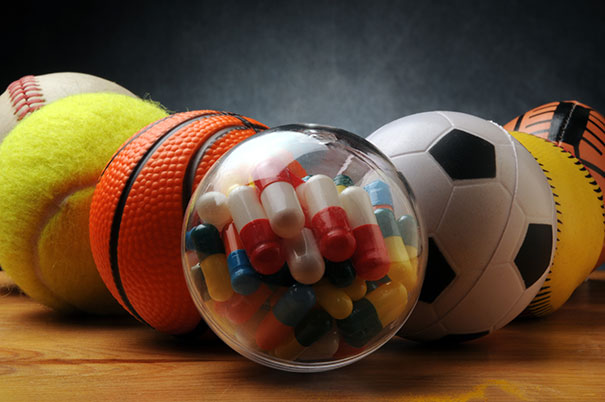Estimated reading time (in minutes)

Whether you are a professional or amateur athlete, the use of doping products is prohibited by law during a competition. Anti-doping controls are also strict and the athlete risks disciplinary and also criminal sanctions.
What are the prohibited products?
Each year, a decree sets the list of products not authorized during competition and during training. Certain products, such as stimulants, are prohibited in competition only. Other products are permanently prohibited: anabolic steroids, growth hormones, EPO… Finally, there are products which are prohibited in certain sports: alcohol… You must also avoid self-medication and be wary of dietary supplements sold on the Internet as they may contain prohibited substances.
How are we controlled?
Athletes must make themselves available to undergo these controls. Athletes who are part of a target group determined by the competent authorities are required to specify their whereabouts. This obligation is sanctioned, three missed controls lead to a suspension of one to two years. They must be locatable at all times.
This notion has also aroused the general dissatisfaction of the sports community by raising the that it was in particular an obstacle to their freedom of movement. However, the Council of State has validated this notion of location. It considered that “these provisions affect the right to respect for the private and family life of the athletes concerned only in the way that is necessary and proportionate to the objectives of general interest pursued by the fight against doping, in particular, the protection of the health of the athletes as well as the guarantee of fairness and ethics in sports competitions”.
Anti-doping controls are requested by the French Anti-Doping Agency (AFLD). They are performed by licensed physicians. These are most commonly urine tests, but there may also be blood and hair tests. If the results are positive, the athlete can request a second opinion. If he refuses to do the tests, the control will be considered positive.
What are we risking?
The penalties are the same for all sports. They can be sporting such as the withdrawal of medals, qualifications, prizes…
There can also be disciplinary sanctions such as a ban on competition ranging from 2 to 6 years for a first offense, and in the event of a second offense, the prohibition can range from 4 years to permanent suspension. Finally, criminal penalties are possible if the athlete has consumed illicit substances (cannabis, cocaine, etc.) or has refused to be tested.
DAMY Law Firm, Nice, Doping in sport: where are we?, Update 2022
